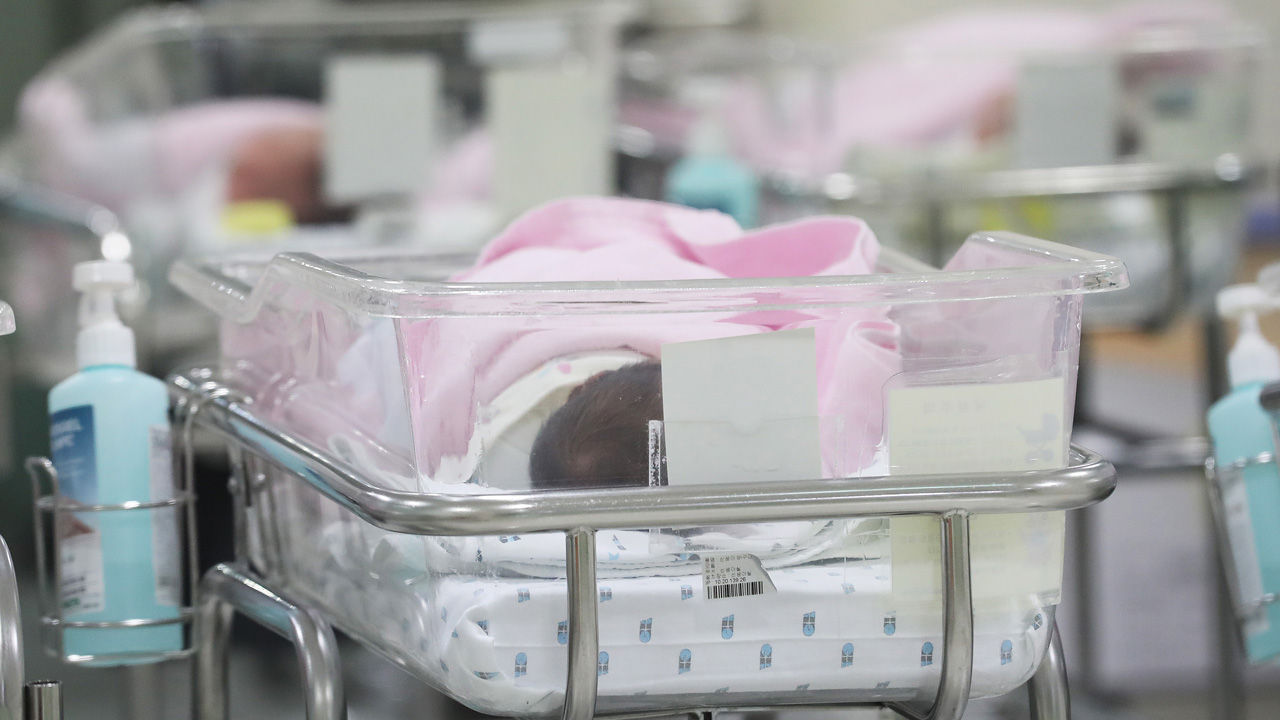Childbirths drop 10.1% in March

The number of babies born in South Korea dropped 10.1 percent in March from a year earlier, data showed Wednesday, in the latest evidence underscoring the low birthrate that has plagued Asia’s fourth-largest economy for more than a decade.
The data compiled by Statistics Korea showed that 24,378 babies were born in March, compared with 27,116 tallied in the same month of 2019.
It marks the lowest number of newborns for any March since the statistics agency started compiling monthly data on newborns in 1981.
In the first three months of this year, 74,050 babies were born in South Korea, down 11 percent from a year ago.
South Korea’s total fertility rate hit an all-time low in 2019, a clear sign of its population decline down the road.
The country’s total fertility rate, which refers to the average number of children a woman bears in her lifetime, came to 0.92 last year, down from 0.98 a year earlier.
Last year marked the second consecutive year for the rate to fall below 1. South Korea was the only member of the Organization for Economic Cooperation and Development that had a total fertility rate below 1.
The 2019 figure is far below the replacement level of 2.1 that would keep South Korea’s population stable at 51 million. It is also a sharp drop from the 4.53 in 1970, when the government began to compile related data.
The crude birthrate -- the number of births per 1,000 people per year -- also came to a new low of 5.9 in 2019, down from the previous year’s 6.4. (Yonhap)